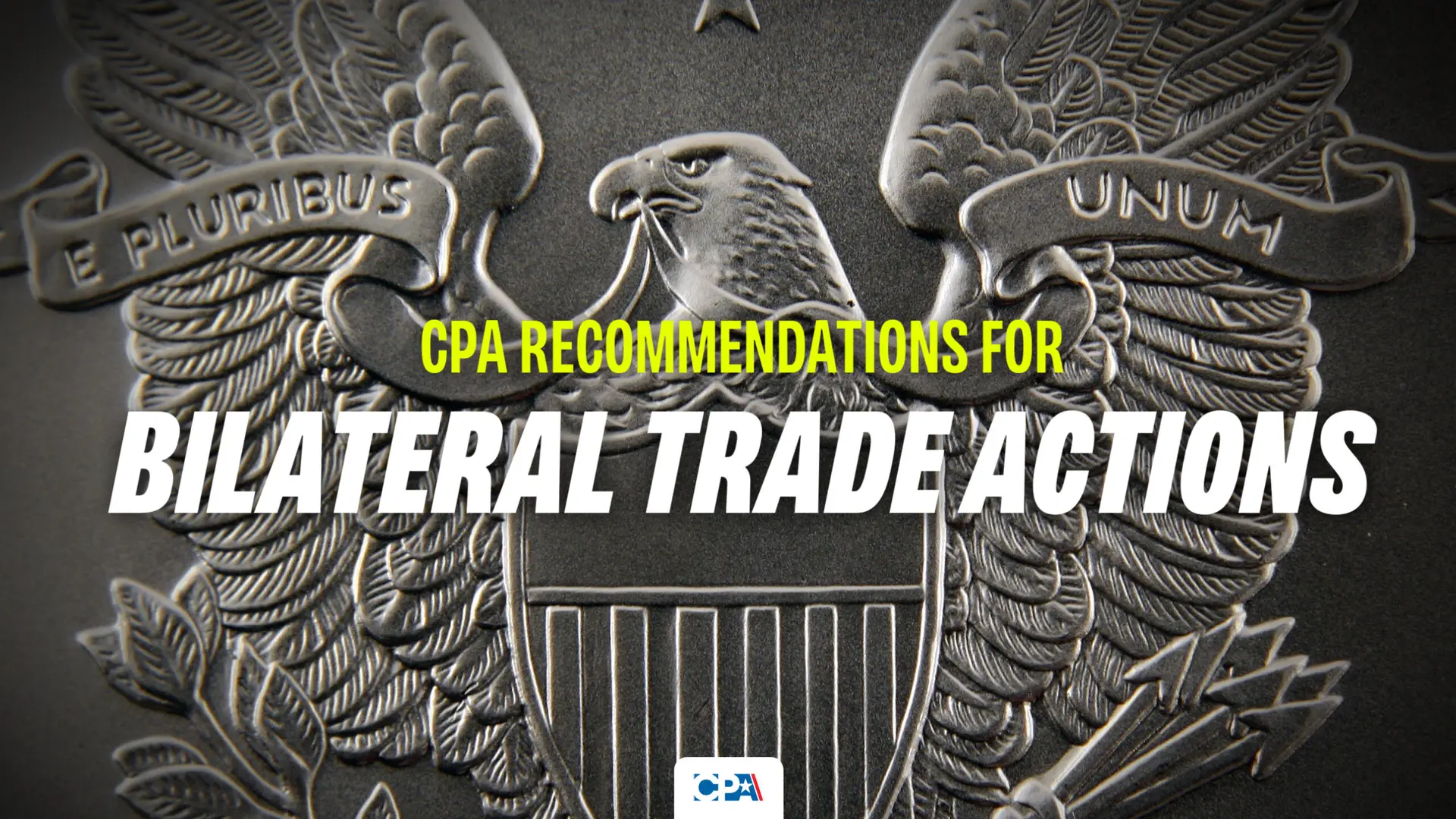
Mihir Torsekar: Getting It Right on Steel and Aluminum Tariffs
As the United States looks to compete in these advanced industries, it’s important to remember the two building blocks that undergird them: Steel and aluminum.
TAX POLICY DIRECTOR
David Morse was a distinguished leader in tax policy, recognized for his profound expertise and innovative approach to tackling some of the most complex issues in the U.S. tax system. For over six and a half years, David dedicated his career to studying, analyzing, and clarifying the intricacies of the U.S. Federal Tax Code’s international components. His work focused on the significant challenges posed by the outdated origin-based taxation system, which he argued was ill-suited for the 21st-century global economy. David was a passionate advocate for transitioning to a destination-based corporate taxation model, specifically through the Sales Factor Apportionment model, which he believed would restore balance and fairness to the global business landscape.
David’s insights and analyses were highly regarded, with his work featured in prominent national publications such as Bloomberg, Tax Notes, Inside Trade, and The Wall Street Journal, among others. His ability to translate complex tax policy into practical solutions made him a sought-after expert in the field, and his contributions have had a lasting impact on the discourse surrounding U.S. tax reform.
Before immersing himself in tax policy, David founded and led a non-profit organization focused on non-partisan voter registration in Idaho. For two and a half years, he applied a data-driven approach to achieve registration goals, directing efforts in cities like Moscow and Boise. His work in this area was inspired by similar initiatives he engaged in during his time in law school, reflecting his deep commitment to civic engagement and public service.
David earned his Juris Doctorate from the University of Idaho, where he specialized in business law, internet governance, and non-profit formation. He also held a Bachelor’s Degree in International Studies from the University of Idaho, where he focused on international business and politics, with a keen interest in cyberterrorism.
Beyond his professional achievements, David was a cherished colleague at CPA, known for his positive outlook, kindness, and unwavering dedication. His colleagues remember him not only for his intellectual contributions but also for the joy and warmth he brought to the workplace. Working alongside David was a privilege, and his legacy will continue to inspire all who had the honor of knowing him.


As the United States looks to compete in these advanced industries, it’s important to remember the two building blocks that undergird them: Steel and aluminum.

Tuesday’s House Ways & Means Trade Subcommittee hearing saw every single Democrat attacking the Trump administration’s tariff policy, mocking his April 2 “Liberation Day” announcement, and calling tariffs a tax that will hurt middle class consumers.

CPA’s new Trade Issues and Tariff Recommendation Tracker highlights specific tariff recommendations that will produce near-term wins.

In a comment letter submitted to USTR in response to the Section 301 investigation, CPA highlighted China’s extensive use of state-driven subsidies and unfair trade practices, urging immediate implementation of targeted measures to support the revitalization of the U.S. shipbuilding industry.